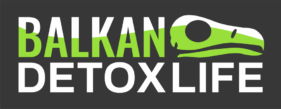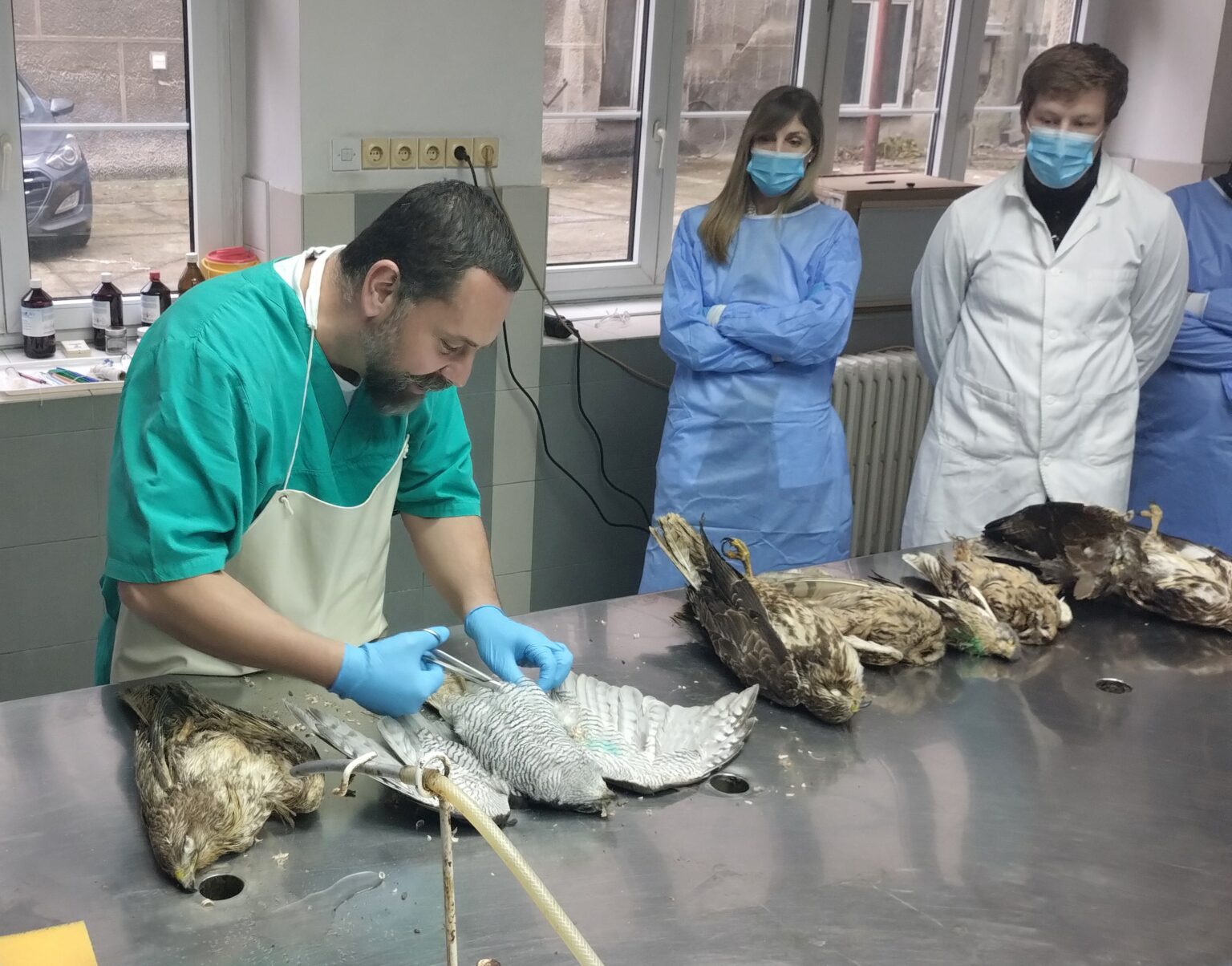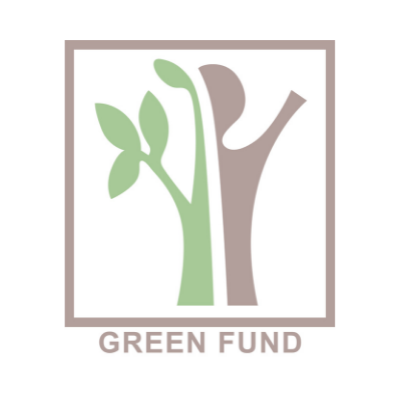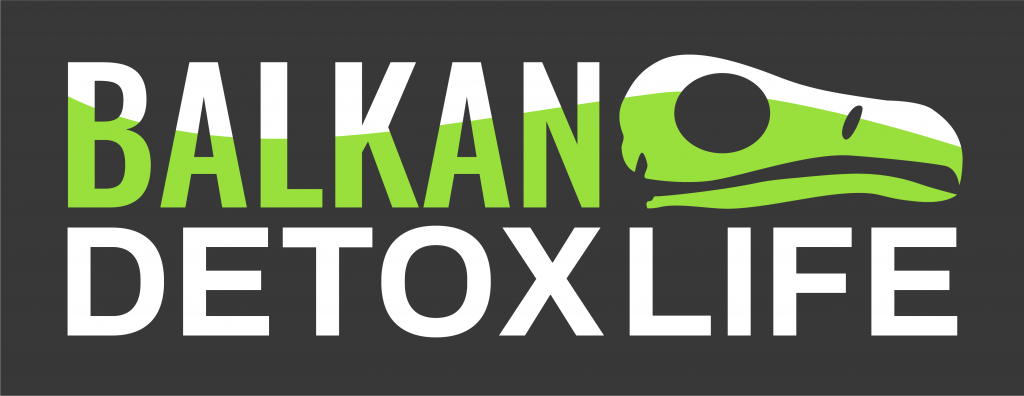In November 2023, 20 veterinary pathologists from Serbia attended the first national anti-poisoning training course. An initiative of the BalkanDetox LIFE project inspired by the Wildlife Crime Academy aimed to build capacity for better wildlife crime investigation in the country.
The First National Anti-Poisoning Training Course in Serbia
Organised in the framework of the BalkanDetox Life Project, the training’s main goal was to build forensic capacities within the relevant veterinary authorities to recognise signs which can indicate the cause of death of wild animals. The training “Criminal procedures and actions against wild animals – pathomorphological and toxicological processing of samples” was held on 24 November 2023, at the Faculty of Veterinary Medicine of the University of Belgrade, co-organised by the Department of Pathology, Faculty of Veterinary Medicine – University of Belgrade, the Vulture Conservation Foundation (VCF), the Scientific Institute for Veterinary Medicine “NOVI SAD” and the Bird Protection and Study Society of Serbia (BPSSS).
In Serbia, as in almost every country, wildlife poisoning is punishable by law. By performing better necropsies and post-mortem toxicological analysis, we are bridging the gap between illegal wildlife poisoning and law enforcement. Determining causes of death is essential to prosecute and convict those who practised any environmental crime and, by doing so, mitigate the chances of future events. It also sheds light on the needed conservation measures and critical stakeholders to engage with.
20 participants from Serbia with improved capacity in forensics

The training gathered twenty professionals, mainly veterinary pathologists, who came from 11 regional specialist veterinary institutes from Serbia, the Faculty of Medicine of Belgrade, and relevant national NGOs. With a blend of theory and practical work, the veterinarians examined the basics of performing forensic necropsies and analysed different sampling techniques for toxicological analysis. Lecturers from the Department of Pathology (Prof. Darko Marinković and Assistant Professor Milan Aničić) and the Department of Forensic Veterinary Medicine and Legal Regulations (Prof. Vladimir Nešić) of the Faculty of Veterinary Medicine of the University of Belgrade, as well as from the Scientific Institute for veterinary medicine Novi Sad (Dr. Biljana Đurđević and Dr. Radomir Ratajac) participated in the training.
Lecturers presented their own experiences as well as the experiences, skills and knowledge acquired in the courses within the Wildlife Crime Academy (WCA) held in Spain in the period 2019-2023. The lectures included topics related to criminal acts and actions against wild animals that can be the cause of violent death or injury in wild animals, the importance of postmortem examination with special reference to the external examination of the corpse, corpse changes (phase of corpse decomposition and entomology of the corpse) and especially the interpretation of the position in which the corpse was found as well as possible postmortem manipulations with the corpse.
–Darko Marinković, professor from the Faculty of Veterinary Medicine of the University of Belgrade

Anti-poisoning training: Sampling for toxicological analyses
Special attention was paid to the poisoning of wild animals, and these lectures included information related to sampling for toxicological analyses, the procedure with the sample as well as the methods of toxicological diagnostics. Legislation (laws and regulations) related to criminal acts and procedures on wild animals is included in the training. After the theoretical part, the training participants had a practical demonstration in the autopsy room of the Department of Pathology, Faculty of Veterinary Medicine, University of Belgrade.
Based on the experience of environmental protection services in Spain, the workshop inspired by the Wildlife Crime Academy covered fundamental aspects of pathomorphological and toxicological processing of samples, necessary for investigative procedures in criminal acts against wild animals. Although the focus was given to the investigation of wildlife poisoning events, electrocution and shooting were also analysed.

Determining the cause of death is a key factor in the process of investigating any wildlife crime incident, and it is crucial that the relevant authorities have the basic capacities and know-how to carry out their part of the investigation. It was brilliant to see that relevant staff from most regional veterinary institutes from the country attended the training, all of which expressed great interest for the training programme and could clearly see the benefit of it in their work.
Uroš Pantović, VCF’ s BalkanDetox LIFE project coordinator
Illegal Wildlife Poisoning is a major threat to vultures in Serbia
According to data collected by BPSSS, illegal poisoning is still a widespread practice in Serbia, so far practised mainly in the northern parts of the country. Still, in reality, it is most likely widespread throughout the country. Only about 10-20 % of the poisoning incidents are recorded, which indicates that this illegal practice is one of the most significant threatening factors for the country’s wildlife and that more active measures must be taken by all stakeholders relevant to combating this environmental issue.
Although the main poisoned baits used by farmers and livestock producers usually target generalistic predators, such as foxes or jackals, it has devastating consequences for many species, especially to scavenger birds. Vultures are, thus, indirectly affected and fall victim to the illegal substances used. Those substances enter the ecosystem, contaminating both soil and water and putting our safety and well-being at risk.
Fighting Wildlife Crime in Serbia
Tackling the problem of wildlife poisoning requires multi-level action, targeting and engaging with different stakeholders. The project BalkanDetox LIFE is also engaging with national authorities and prosecutors from across the Balkans Peninsula to share methodologies and procedures for forensic and police wildlife crime investigation.
Recently, “Europe has gained 44 new experts in Wildlife Crime Investigation and Analysis from nine countries”, according to Jovan Andevski, VCF’s Coordinator of the Wildlife Crime Academy. Simultaneously, the project is working with different citizen organisations in Serbia to increase awareness of the dreadful and indiscriminate impacts of illegal wildlife poisoning.
All those present at the training are of the opinion that the topic is current and that the training is very important.
-Darko Marinković, professor from the Faculty of Veterinary Medicine of the University of Belgrade

















